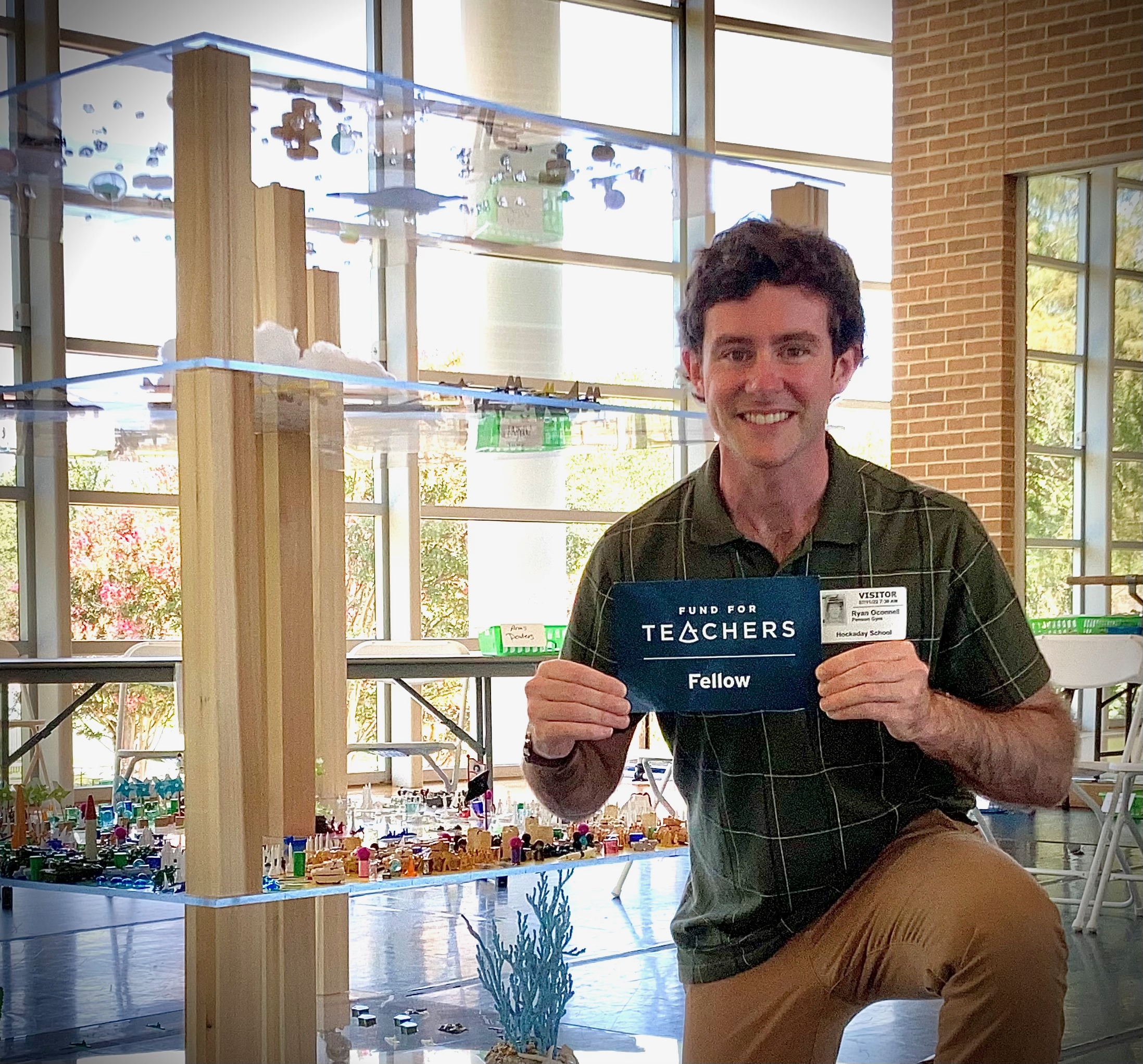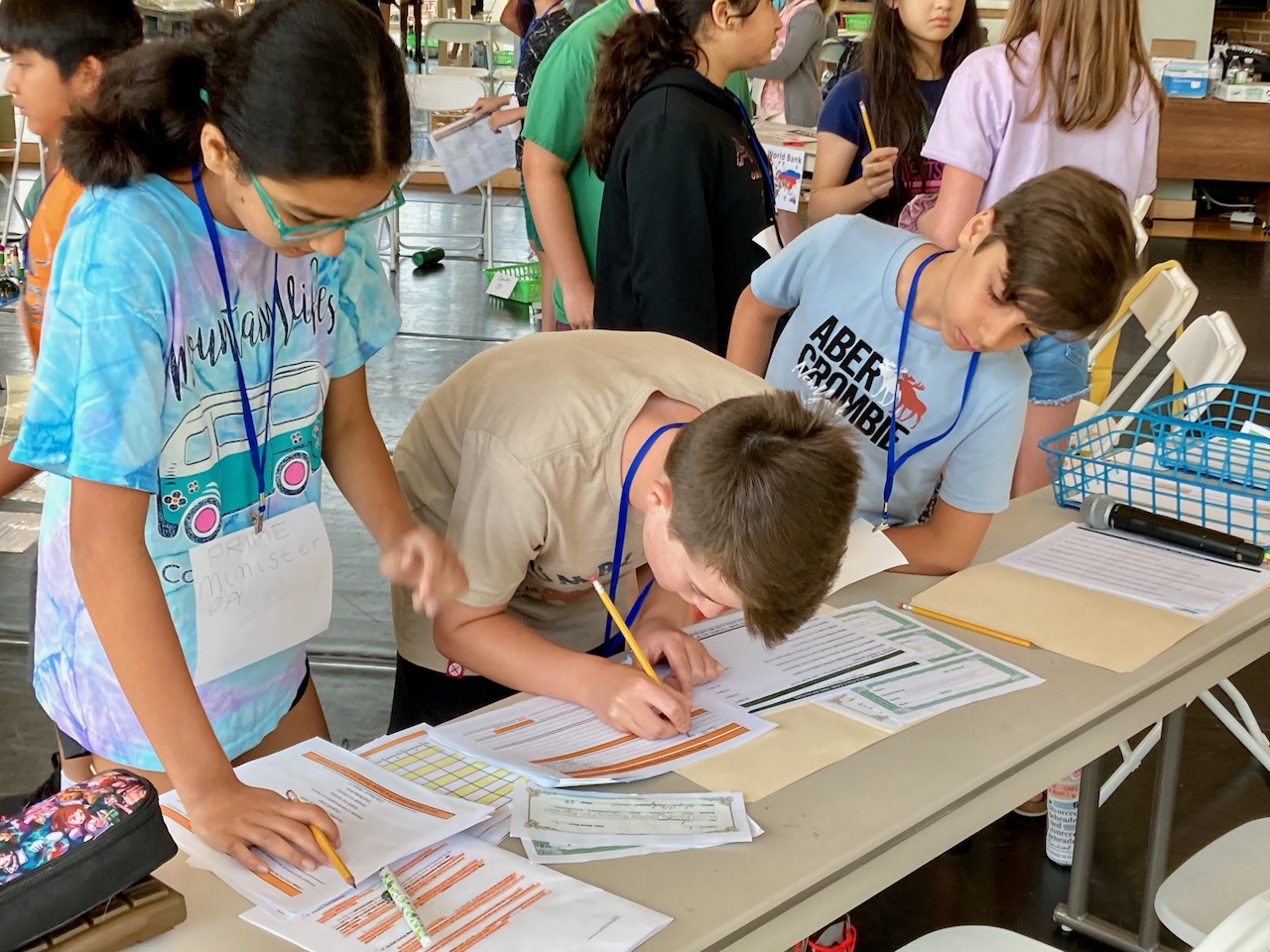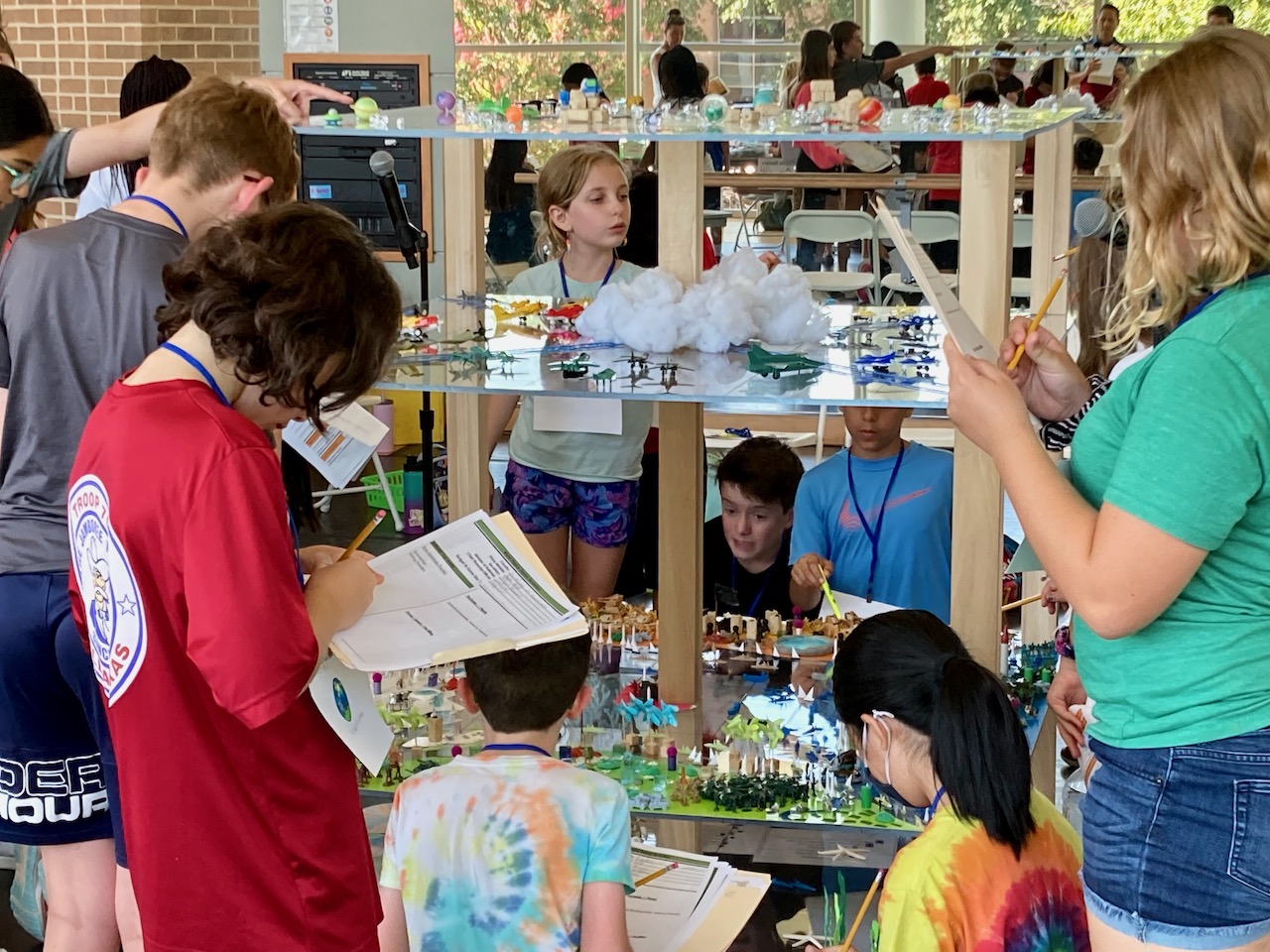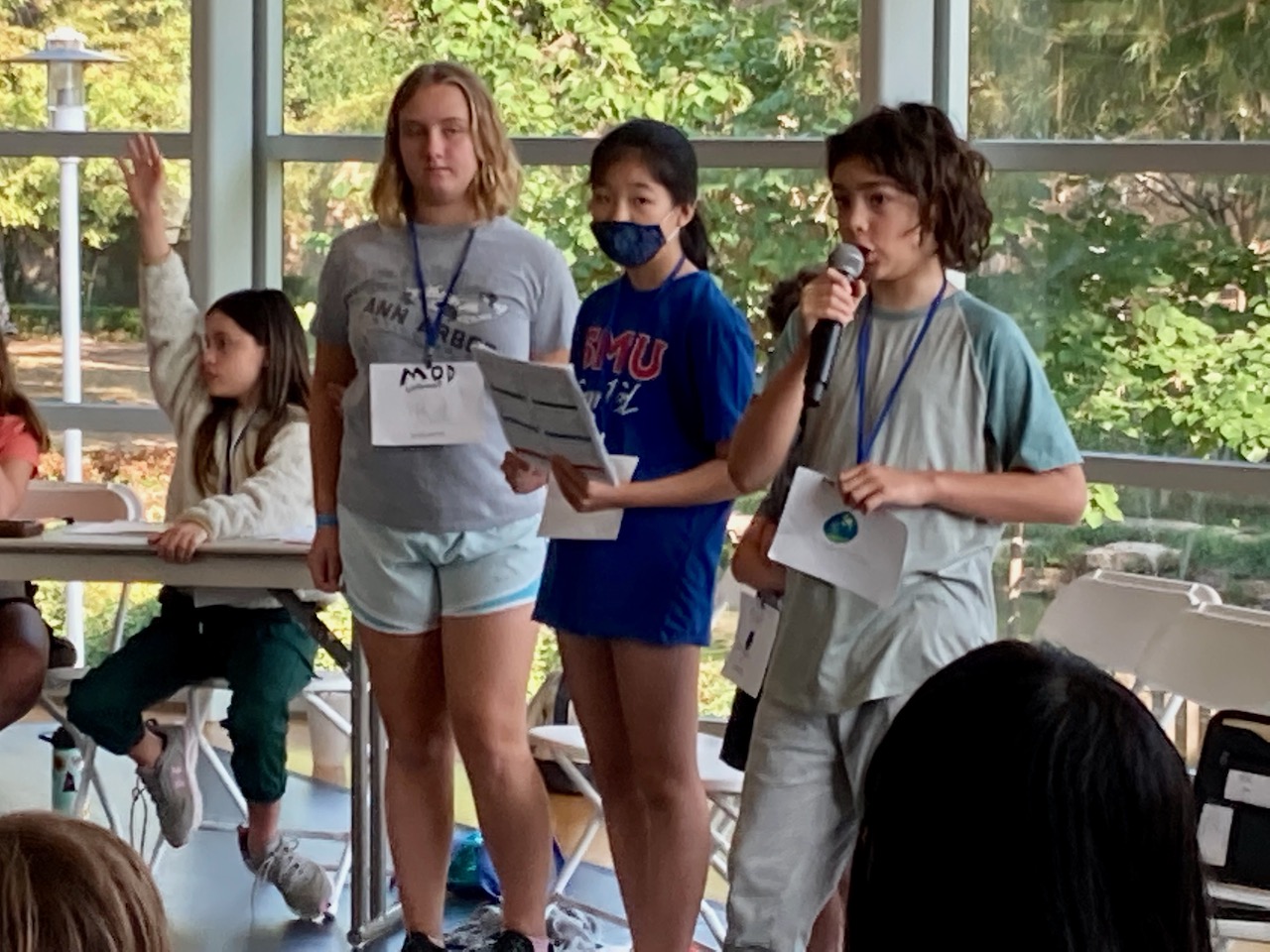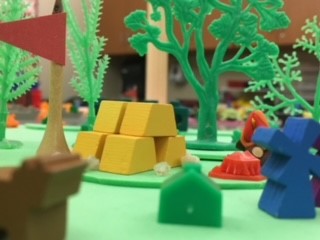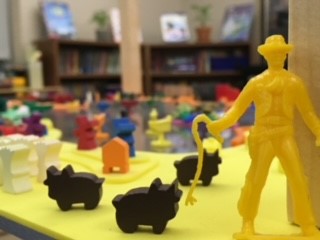Teaching World Peace
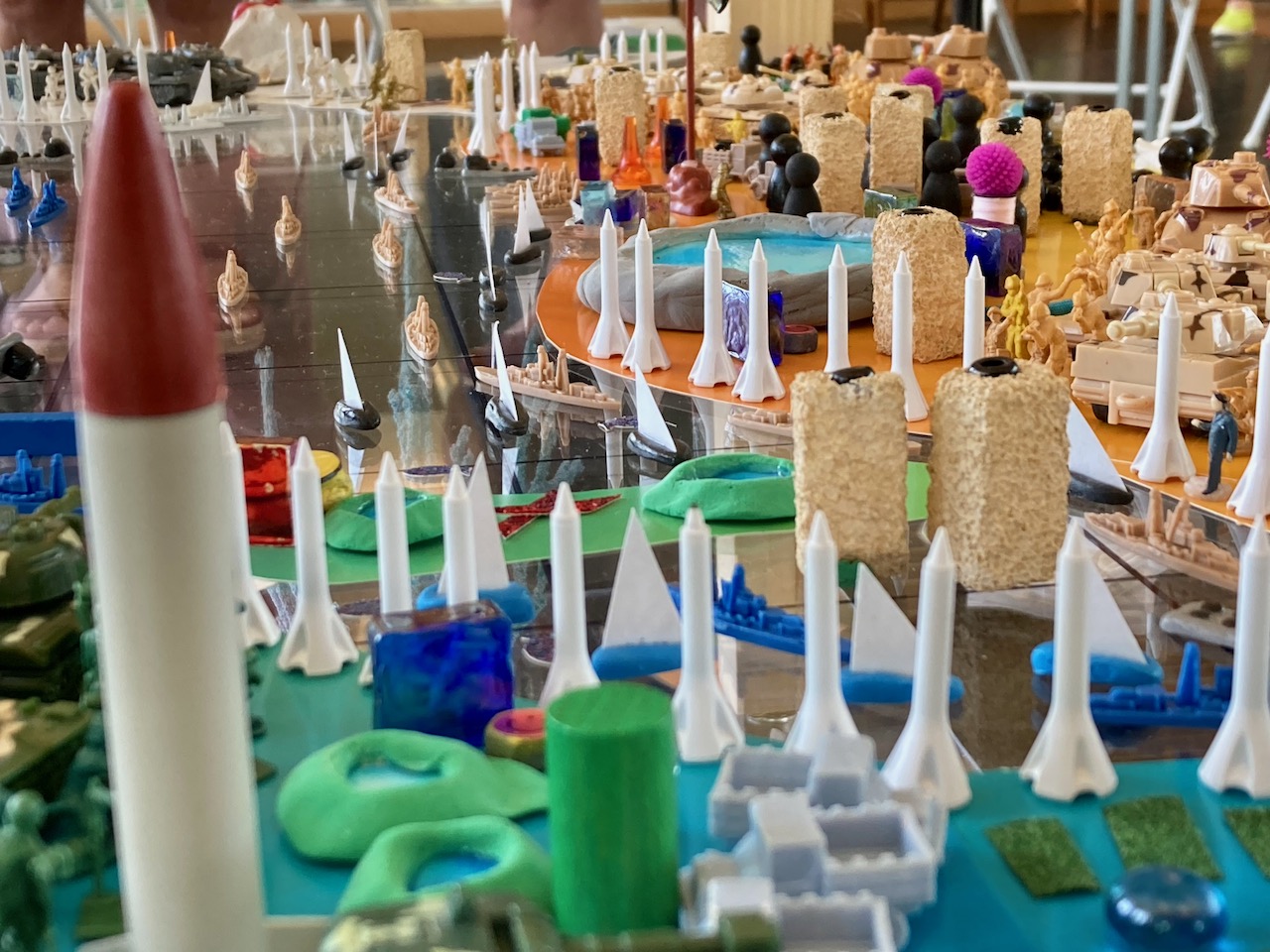
September 21 is International Day of Peace, declared by The UN General Assembly as “a day devoted to strengthening the ideals of peace, through observing 24 hours of non-violence and cease-fire.” Three 2022 FFT Fellows chose to devote their fellowships to the ideals of peace on behalf of their students this summer.
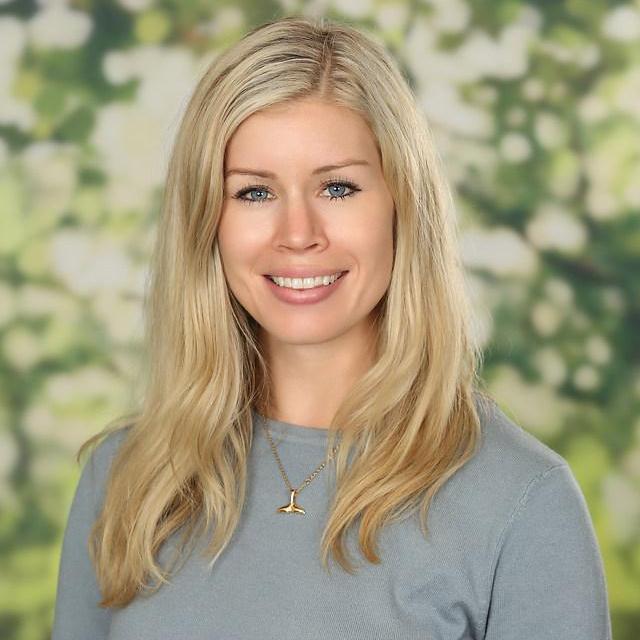
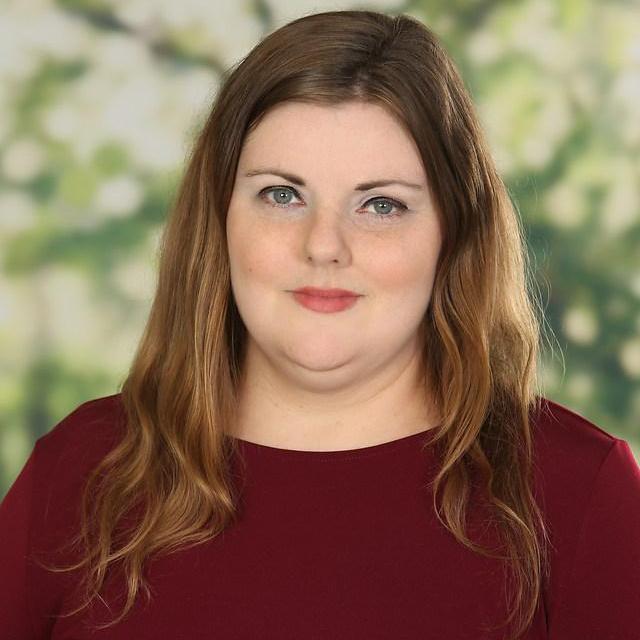 Christina Campbell and Meredith Branch (Vista Condor Global Academy – Santa Ana, CA) designed their fellowship to attend the World Peace Game Master Class in Long Island, NY, to bring the World Peace Game to students who will explore global themes such as the economy, diplomacy, war, and the common good. And,
Christina Campbell and Meredith Branch (Vista Condor Global Academy – Santa Ana, CA) designed their fellowship to attend the World Peace Game Master Class in Long Island, NY, to bring the World Peace Game to students who will explore global themes such as the economy, diplomacy, war, and the common good. And,
Ryan O’Connell (Northeast Academy Arts Magnet School – Mystic, CT) attended a World Peace Game Master Class to become a certified World Peace Game facilitator, observing the implementation of the simulation with students and studying its guiding philosophies and unique applications for learning design in his school community.
What is the World Peace Game and why do these teachers find it important enough to design a fellowship around it? We asked Ryan for more information…
[minti_divider style=”3″ icon=”” margin=”20px 0px 20px 0px”]
Since meeting World Peace Game (WPG) creator John Hunter as a graduate student and discussing its core principles with him over time, it has been my aspiration to attend a WPG Master Class to train as a facilitator. Observing students’ gameplay and discussing it with fellow educators has reaffirmed my belief that in and beyond our classrooms, no matter one’s background or ability, everyone has something valuable to contribute.
My training took place in Dallas, Texas. Each morning, my colleagues and I viewed the facilitation of the simulation with students in grades 6-8 participating in a summer session of the World Peace Game Camp at The Hockaday School. Each afternoon, per the World Peace Game Foundation, we identified “the essential attributes necessary to facilitate the Game through a series of reflective questions and activities” as well as design “learning that is inspired by the principles and spirit of the Game.” After the five-day Master Class, I am now a facilitator!
- During a negotiations period, the Prime Ministers of Volcanion and South Côte d’Ivoire draft a mutual aid agreement to review with their cabinets.
- Student delegates take inventory of their simulated nations’ assets and resources, from solar farms to tank corps.
- Representatives from the Republic of Windmolen address parliament during their nation’s declarations period.
Students addressed a variety of crises drawn from current global events, from land and water rights to nuclear proliferation to climate change. Through the WPG experience, my students will better understand these often-intersecting issues and explore ways to create positive change in our school and community.
Because facilitators must construct their own World Peace Game boards, I used a portion of my fellowship funding to purchase building materials and playing pieces. During the 2022-2023 school year, I will facilitate the World Peace Game for the first time in my fifth-grade classroom as part of a social studies unit on understanding and applying concepts of history, geography, economics, and civics to the study of growing nations.
While the Game is the primary focus of the Master Class, fellow educators and I also left with an understanding of how to integrate its principles into lesson design. Hands-on learning and self-reflection are key elements in my instruction, and this fellowship has provided new insights and approaches that I am excited to bring to my classroom. Through this enriching opportunity, I have gained the tools to nurture my students’ appreciation for the role of tolerance and consideration of multiple viewpoints around an issue. The World Peace Game provides a vehicle to help them recognize what they can achieve when they work together.
Above are images of the WPG board Ryan created and will use this spring with his students.
[minti_divider style=”3″ icon=”” margin=”20px 0px 20px 0px”]
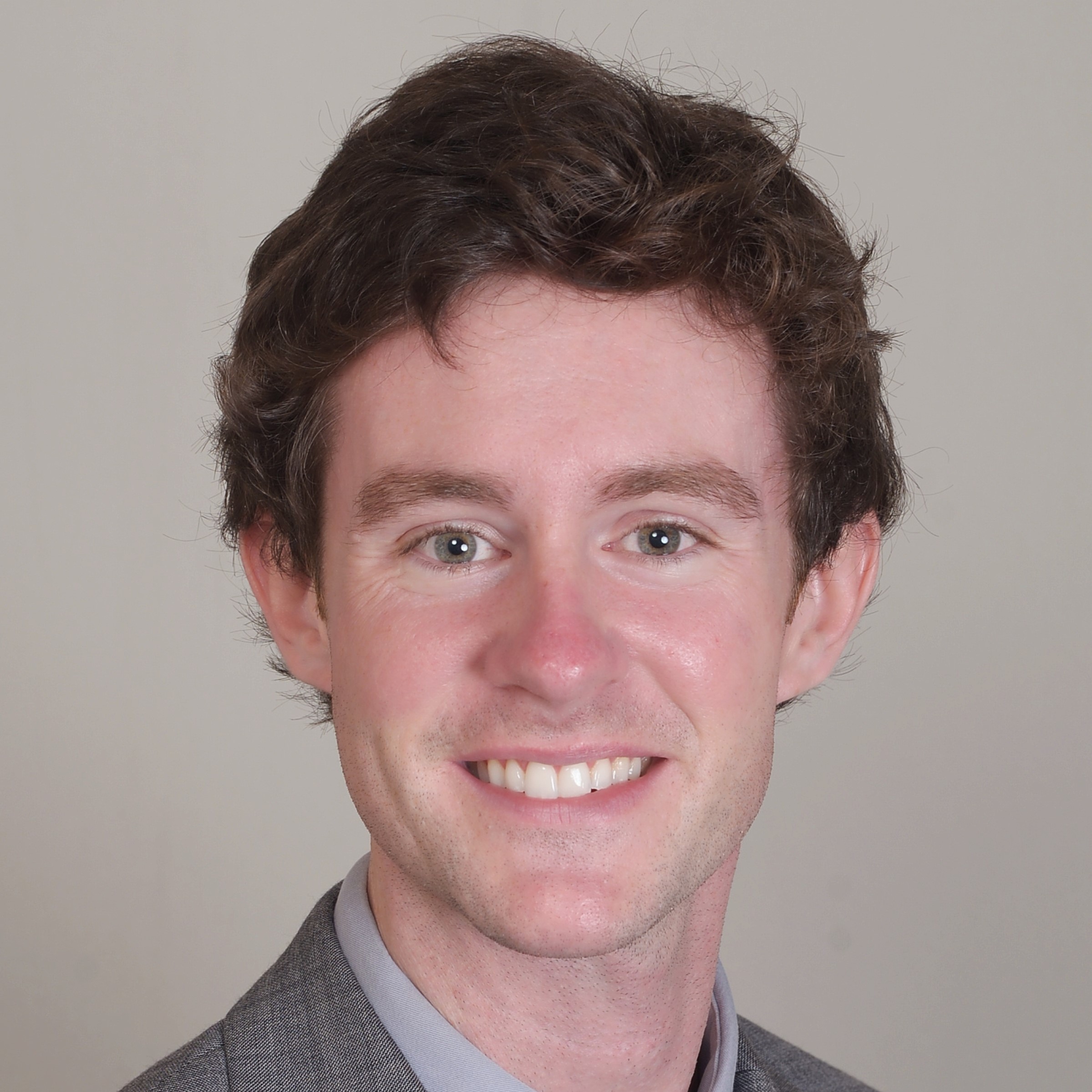 Through a classroom culture that promotes creativity and collaboration, he inspires his students to push the boundaries of their knowledge and learn through alternative approaches that express their unique talents. He is the 2022 Groton Public Schools Teacher of the Year and a Connecticut Teacher of the Year semifinalist.
Through a classroom culture that promotes creativity and collaboration, he inspires his students to push the boundaries of their knowledge and learn through alternative approaches that express their unique talents. He is the 2022 Groton Public Schools Teacher of the Year and a Connecticut Teacher of the Year semifinalist.
 Back to Blogs
Back to Blogs